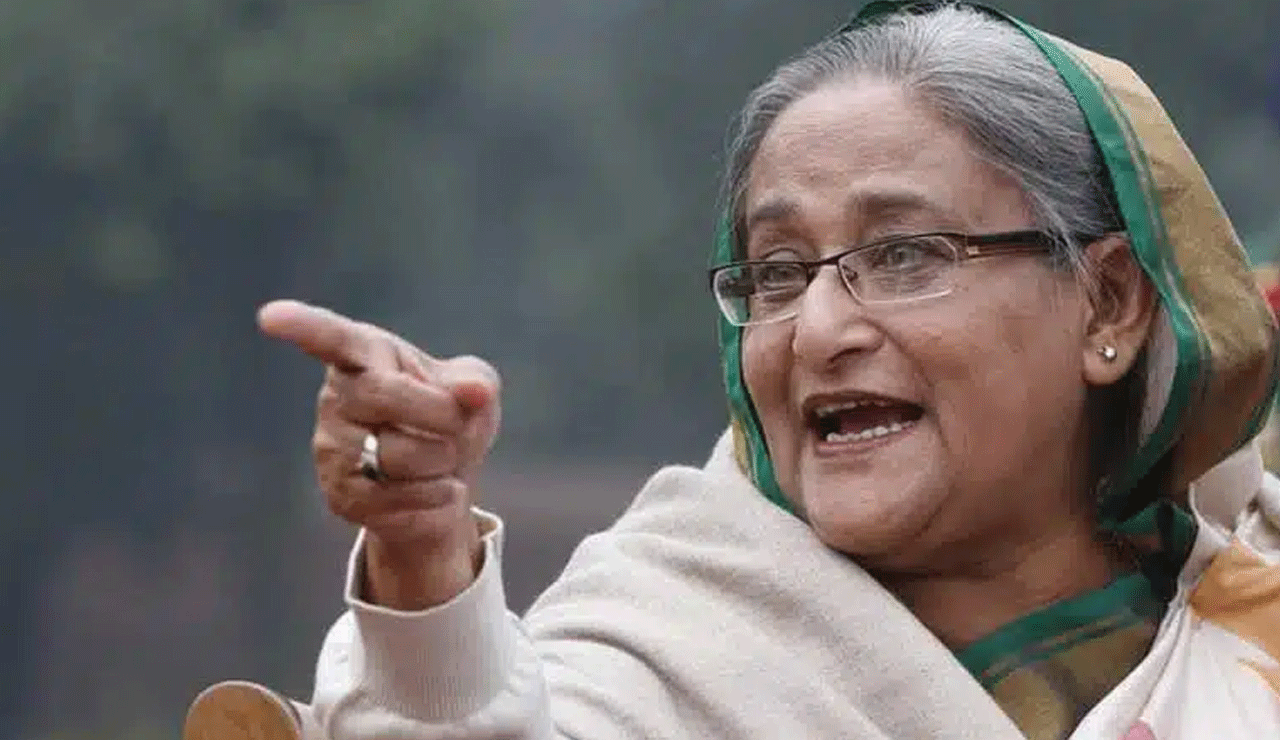Sheikh Hasina’s Awami League Banned by Interim Government in Historic Crackdown
In a historic and controversial move, the interim government of Bangladesh, led by Muhammad Yunus, has officially banned the Awami League, the nation's oldest political party and the former ruling party led by ex-Prime Minister Sheikh Hasina, under the Anti-Terrorism Act.

Dhaka: In a historic and controversial move, the interim government of Bangladesh, led by Muhammad Yunus, has officially banned the Awami League, the nation’s oldest political party and the former ruling party led by ex-Prime Minister Sheikh Hasina, under the Anti-Terrorism Act.
Table of Contents
Awami League Banned by Interim Government’s Advisory Council
On Saturday evening, the Yunus-led interim government announced that the ban was approved by the Advisory Council (Cabinet). A gazette notification formalizing the decision is expected to be issued soon.
The government stated that the move comes in the wake of the International Crimes Tribunal (ICT) trials currently underway against top Awami League leaders, citing national security and the safety of witnesses as key justifications.
Also Read: Hyderabad Income Tax Commissioner Caught in ₹70 Lakh Bribe Case, CBI Tightens Noose
Ban Linked to July 2024 Protests and Ongoing ICT Cases
Officials clarified that the ban will remain in place until all ongoing tribunal cases are concluded. These include high-profile charges against Sheikh Hasina’s inner circle, linked to allegations of inciting violence and undermining public order during widespread student protests in July 2024.
The government previously imposed prohibitory orders against the Awami League in July 2024, citing concerns for the safety of student activists, witnesses, and leaders who had led protests seeking the ouster of the Hasina administration.
Awami League: A Historic Party Behind Bangladesh’s Independence
Formed in 1949, the Awami League played a pivotal role in the autonomy movement for Bengalis in East Pakistan, which eventually culminated in the creation of independent Bangladesh in 1971.
With a legacy deeply tied to Bangladesh’s national identity, the banning of the party has sparked widespread debate, both domestically and internationally, over democracy, legal fairness, and the future of political pluralism in the country.
What’s Next: Legal Battles and Political Uncertainty
The interim government has not provided a timeline for lifting the ban, stating it depends solely on the outcomes of the ICT trials. Meanwhile, international human rights groups and foreign diplomatic missions are closely monitoring the situation, amid growing concern about the suppression of opposition voices.
With the 2026 national elections approaching, the move throws Bangladesh’s political landscape into deep uncertainty, raising questions over who will be allowed to contest and what democratic processes will be in place.
A Political Earthquake in Bangladesh
The ban on the Awami League, a party once synonymous with Bangladesh’s liberation, marks a dramatic shift in the country’s political direction. As the ICT proceedings continue and the interim regime consolidates power, global scrutiny is intensifying, and the future of democratic governance in Bangladesh remains in the balance.
